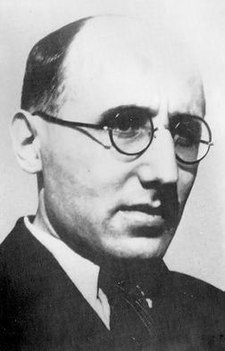I struggle with the main claim, at least in so far as it relates to modern wars. Pinker may be right with his slightly odd comparative tables, which suggest for example that the First World War is only 16th in the table of historic atrocities (now headed by the An Lushan Revolt and the Mongol Conquests - see p.195). But surely in some way this misses the main point often made about twentieth century wars, which is that it is the peculiar combination of the advance in technological capacity and the genocidal ambition which makes contemporary wars and massacres so devastating. There may be less violence in absolute terms, but that does not tell us anything about the meaning of that violence.
 |
| Norbert Elias |
While this development is more uneven than a brief summary allows, the general conclusion that is drawn is that there is a more or less steady decline in forms of public and private interpersonal violence and in criminal activity. However, I do wonder if the picture is more complex - and that, even if we accept the broad thesis, it is not clear what this might mean.
One concern here is that it all depends on the definition of violence. These long term historical surveys tend to concentrate on homicide, as the most extreme form of violence - for this is where records are most complete. But violence can take many forms, and it is conceivable that as homicidal violence decreases, other forms of interpersonal violence or abuse might increase. And in the law the definition of violence has been expanding to include various forms of physical and mental abuse, psychic harm, attacks on identity (hate crime again), so that while there may be a long term decline in physical violence, the broadening definition of violence may actually mean that more conduct is criminalised. The outcome of this might even be that, paradoxically, as certain forms of overt violence decline the sense of insecurity, and hence the demand for criminal law, can increase.
This should also lead us to reflect on the role of the criminal law in this process. Has it contributed to the decline in violence? Doubtless criminal lawyers would like to think that it has, but the picture is a bit more ambiguous. Pinker's explanation says little about law directly. Human rights are viewed as having played a role in increasing awareness of certain wrongs and in framing disapproval of, and responses to, atrocities. And there are implicit legal values in the account of the state, of moral reasoning and of empathy. But as in Elias' account the criminal law plays a supporting role rather than being directly instrumental in bringing about social change. This might do violence to many criminal lawyers' understanding of the importance of their discipline, but should also encourage a sense of perspective in thinking about what can, and cannot, be achieved through the criminal law.

No comments:
Post a Comment